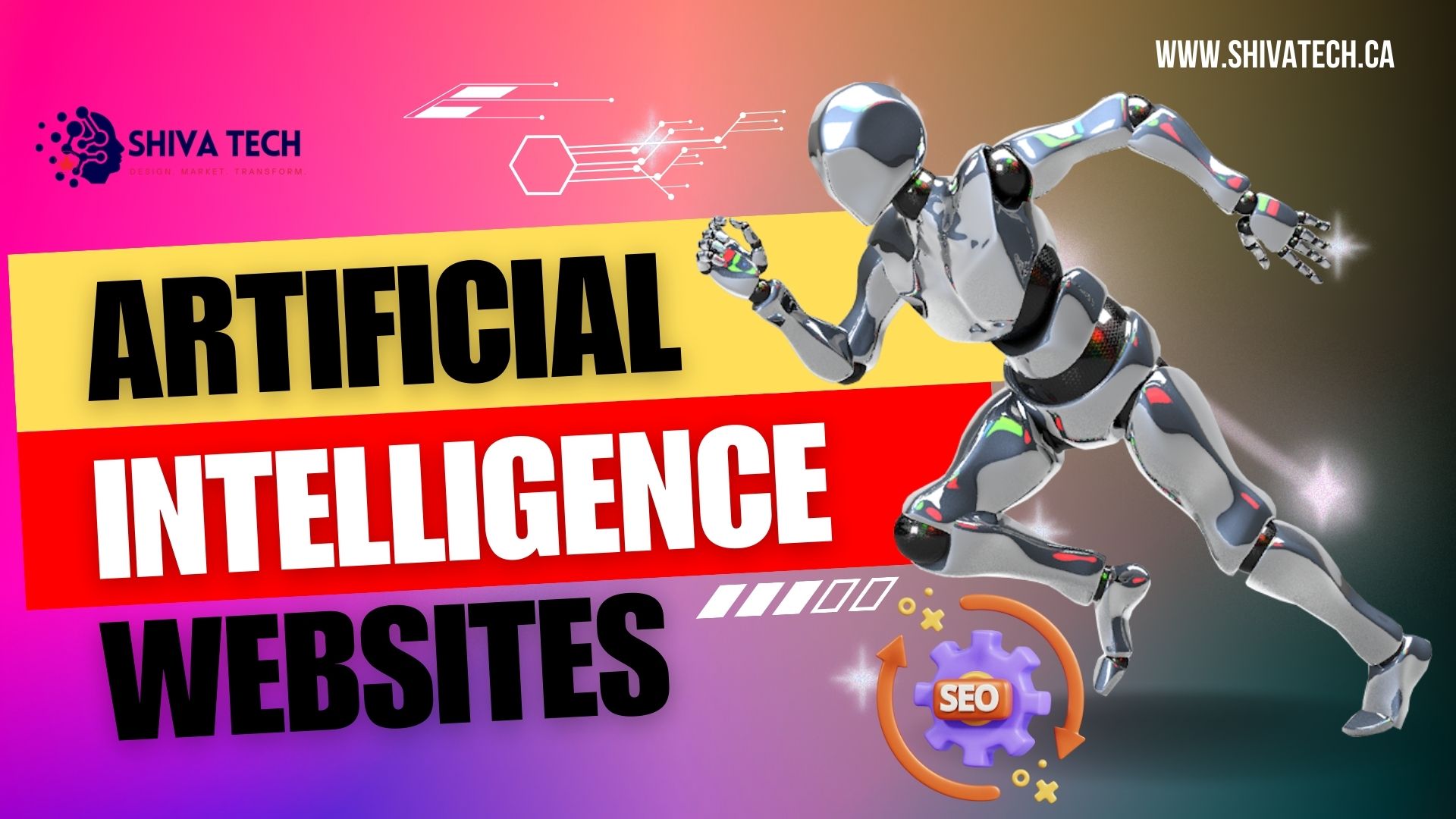In the ever-evolving landscape of search engine optimization (SEO), staying ahead of the curve is essential for businesses looking to maximize their online visibility and drive organic traffic to their websites. With the emergence of artificial intelligence (AI) technologies, SEO strategies are undergoing a paradigm shift, with AI-integrated websites leading the way in achieving top rankings and sustainable success in search engine results pages (SERPs).
AI is revolutionizing SEO by enabling websites to deliver more relevant and authoritative content, optimize user experience, and adapt to evolving search algorithms in real-time. By leveraging AI-driven insights and algorithms, businesses can implement a range of strategies to enhance their SEO performance and stay competitive in today’s digital landscape.
One of the key advantages of AI in SEO is its ability to analyze vast amounts of data and identify patterns and trends that human analysts may overlook. AI-powered algorithms can crawl websites, analyze content, and assess user behavior to understand search intent and deliver more accurate and personalized search results. This deep learning capability enables websites to optimize their content for relevant keywords, topics, and user queries, ultimately improving their visibility and ranking in SERPs.
Moreover, AI-integrated websites can leverage natural language processing (NLP) and semantic search to better understand user queries and deliver more contextually relevant results. By analyzing the meaning and context of search queries, AI algorithms can match user intent with relevant content, even if the keywords used are not an exact match. This semantic understanding enables websites to create more comprehensive and authoritative content that resonates with both users and search engines.
"AI-driven content optimization tools can help websites improve their on-page SEO by analyzing content structure, readability, and keyword density. These tools can provide actionable insights and recommendations for optimizing content to better align with search engine algorithms and user preferences..!"
ShivaTech
AI will enhance technical SEO
Furthermore, AI-driven content optimization tools can help websites improve their on-page SEO by analyzing content structure, readability, and keyword density. These tools can provide actionable insights and recommendations for optimizing content to better align with search engine algorithms and user preferences. From meta tags and headings to image alt text and internal linking, AI can help websites fine-tune their on-page elements for maximum SEO impact.
In addition to content optimization, AI can also enhance technical SEO by identifying and fixing issues that may hinder a website’s performance in search results. From crawling and indexing errors to site speed and mobile-friendliness issues, AI-powered tools can identify and prioritize optimization opportunities to ensure that websites are optimized for search engine crawlers and user experience alike.
Looking ahead, the future of SEO is undoubtedly intertwined with AI technology. As search engines continue to evolve and become more sophisticated, businesses must embrace AI-driven strategies to stay ahead of the competition and achieve long-term success in organic search. By leveraging AI-integrated websites, businesses can unlock new opportunities for visibility, traffic, and growth in the ever-changing world of SEO.
In conclusion, AI-integrated websites are leading the way in SEO innovation, enabling businesses to optimize their content, user experience, and technical performance for maximum visibility and impact in search results. As AI continues to evolve, businesses must stay informed about the latest developments and embrace AI-driven strategies to stay ahead of the curve in the competitive landscape of SEO.


- Google Analytics Starter Guide — Best Beginner SEO Reports
- How To Add a User to Google Analytics
- How To Measure Website Traffic with Google Analytics
- How To Track SEO Conversions: 10 Metrics To Measure
- How To Set Up Google Analytics Goals
